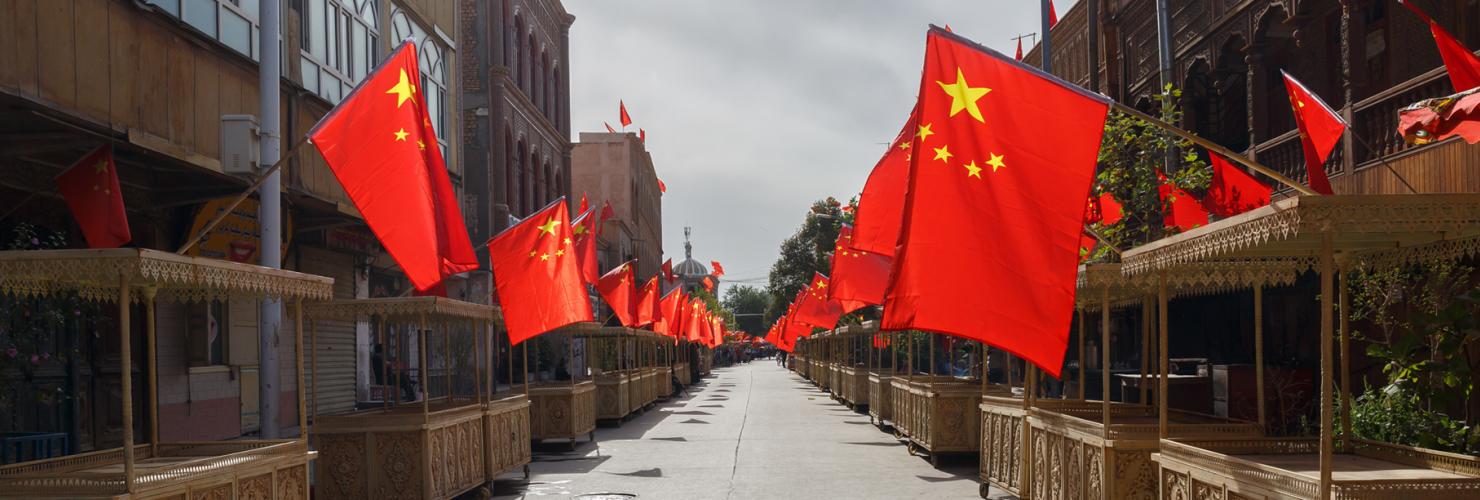

Remaking a people
China’s coercive policies in Xinjiang and what Europe should do about them
Since early 2016, more than one million Uighurs and other ethnic minority members – roughly ten percent of the largely Muslim minority-population – at times have been or continue to be deprived of their liberty under the administrative measure of “Transformation Through Education” (TTE) in the Xinjiang Uyghur Autonomous Region. This MERICS China Policy Brief provides an analysis on Beijing's coercive policies in Xinjiang and recommendations for European actors.
Key findings and recommendations:
- The Chinese party-state is conducting a coordinated and intensifying campaign to transform Uighur identity that uses state-of-the art surveillance technology to exert and maintain control over the local population.
- Since early 2016, more than one million Uighurs and other ethnic minority members – roughly ten percent of the largely Muslim minority-population – at times have been or continue to be deprived of their liberty.
- Xinjiang is effectively under security lockdown, with a tight grid of police checkpoints restricting movement. Expression in the Uighur language is forbidden in detention centers and increasingly marginalized in public life and education.
- The Chinese party-state is unlikely to slow down or phase out these measures as it regards them as necessary to safeguard territorial integrity and regional stability.
- The conceptual shift by relevant government and party authorities from fighting terrorism to fighting extremism allows for much broader use of
the measures. - Mass detentions and accompanying practices constitute clear violations of both Chinese domestic as well as international law.
- The campaign in Xinjiang has led to tangible repercussions in third countries, including European Union member states, which are under increasing pressure to address the situation.
- Joint action and pressure from foreign governments can have a significant effect. European response strategies should raise the price of Beijing’s actions through targeted measures.
The MERICS Policy Brief is a publication tailored to the needs of policy and decision makers focused on China. If you would like to read the full Policy Brief, please contact Claudia Wessling, Director Publications MERICS (claudia.wessling(at)merics.de).